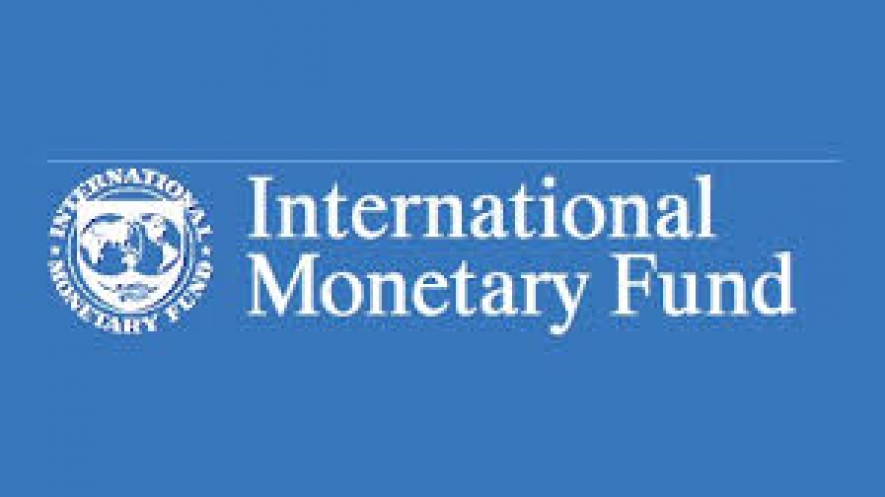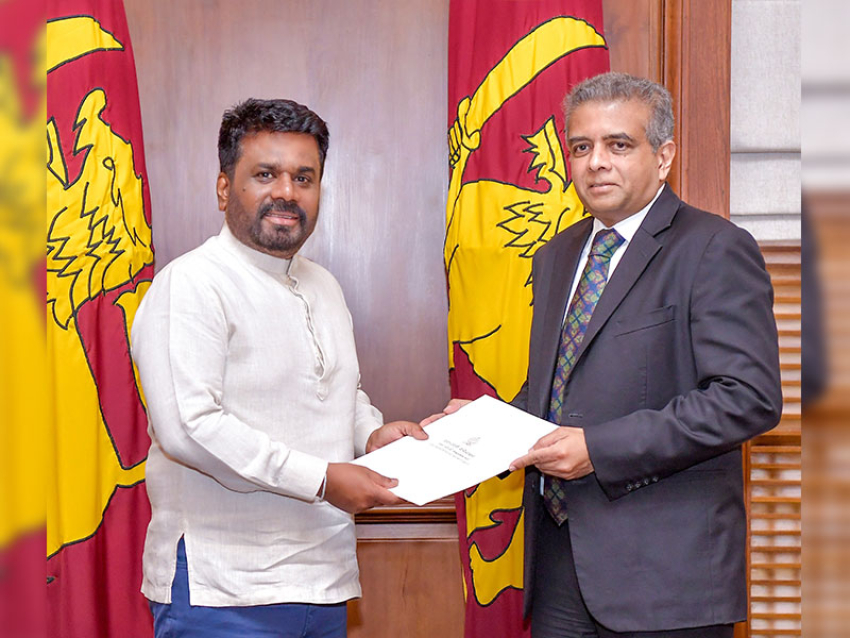An IMF mission led by Todd Schneider was in Sri Lanka to conduct a post-program monitoring after the completion of a 2.6- billion-U.S. dollar stand-by agreement in 2012.
“Growth is likely to continue in the relatively robust range of 6-7 percent in 2015. Inflation is expected to remain the low single digits, although some upward pressure may emerge as higher wages and salaries translate into increased demand,” Schneider said.
The IMF agreed with local authorities that sustaining robust growth over the medium term would require continued commitment to policies in support of macroeconomic stability, and structural reforms to enhance productivity and competitiveness.
While hailing the new government’s focus on improving governance and increasing transparency, the IMF voiced concern over the budget deficit of 4.4 percent as “challenging” and advised the government to consider contingency measures should revenues fail.
However, Schneider acknowledged the exchange rate did not appear out of line with fundamentals, particularly given the projected improvement in the balance of payments.
Sri Lanka’s rupee depreciated significantly from 129 to 132, hitting a low of 135 in January before regaining stability.
(Xinhua) -



















